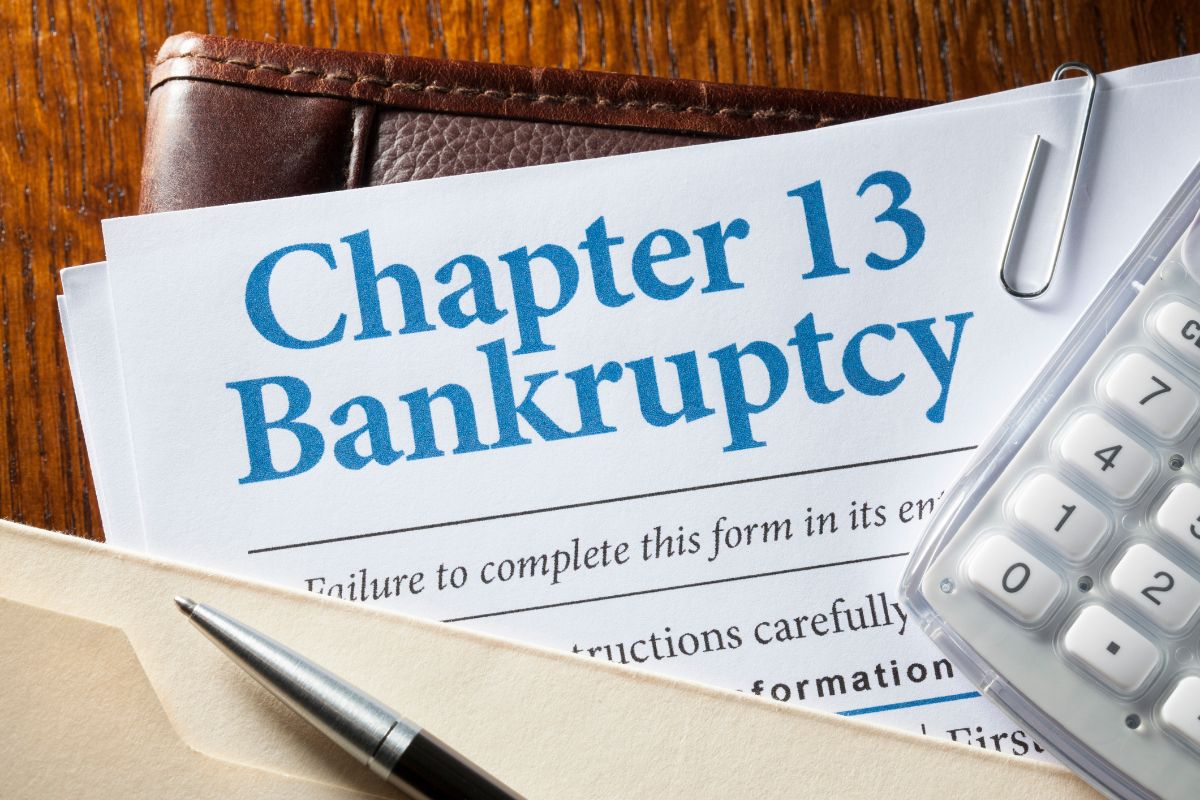If you are overwhelmed by debt and need to regroup financially, a Chapter 13 bankruptcy can be an excellent solution. This type of bankruptcy allows you to keep valuable property while making payments to your creditors according to a court-approved plan. However, if you have never filed for bankruptcy before, the process may seem intimidating. Before you begin your case, it will help to know: What happens during Chapter 13 bankruptcy?
Before you File
Before you file for Chapter 13, you should contact a knowledgeable bankruptcy attorney. The lawyer can explain the process and help ensure that you have the guidance and advice you need to successfully complete your case and get back on track. You will also need to attend an approved mandatory credit counseling course during the six-month period before filing your case. Upon completion, you will receive a certificate that you will need to file with the court at a later date.
Filing for Chapter 13 Bankruptcy
After you have met with your bankruptcy attorney and completed your credit counseling course, your attorney will help you prepare your petition to file with the court. You will submit your completion certificate and any repayment plan you may have developed through the course. You will also include the following details with your petition:
- Specific income and expense information;
- Any record of your interest in state or federal qualified tuition or education accounts;
- A list of your assets and liabilities;
- Information regarding your current income and expenses;
- A document listing any executed contracts and unexpired leases; and
- A statement of your financial interest.
The Trustee and the Automatic Stay
Once you file, the bankruptcy court will appoint a trustee to administer your case. A Chapter 13 trustee will evaluate your filings, collect payments, and be responsible for distributing them to creditors.
One of the benefits of Chapter 13 is that automatic stay will go into effect as soon as you file. Once the stay is active, most of your creditors will have to stop all efforts to recover debts from you, including filing lawsuits, garnishing your wages, or contacting you about payments. The automatic stay will be in place for the duration of the case.
Repayment Plan
You will have fourteen days after you file the petition to submit your proposed repayment plan to the bankruptcy court for review outside of an extension by the court. Within 30 days after filing the bankruptcy case, the debtor must start making plan payments to the trustee even if the court has not yet approved the plan.
Meeting of the Creditors (341 Meeting)
The trustee will hold a 341 Meeting, or Meeting of the Creditors, between 21 and 50 days after you file your petition. The meeting is required for the debtor and optional for the creditors. During the meeting, you will be placed under oath by the trustee. The trustee will then question you regarding the information you have provided to the court, your financial estate, and your proposed repayment plan.
Confirmation Hearing
The bankruptcy court is required to hold a confirmation hearing no later than 45 days after the meeting of creditors to decide if your repayment plan is feasible and adheres to the bankruptcy code. If the plan is confirmed, the chapter 13 trustee will distribute funds received under the plan “as soon as is practicable.” Depending on your plan’s terms, your repayment period will be for 3 to 5 years. You will also be required to complete a debtor education program before the end of your case.
Chapter 13 involves several phases that have specific requirements. It’s crucial to work with an experienced bankruptcy attorney to ensure that you have the guidance you need to complete your Chapter 13 bankruptcy successfully.
Contact the Law Office of Raffy Boulgourjian
Attorney Raffy Boulgourjian is a California bankruptcy attorney with over twenty years of experience representing clients and can help you with your Chapter 13 case. Contact Mr. Boulgourjian today to schedule a free legal consultation to discuss your California bankruptcy law needs.


